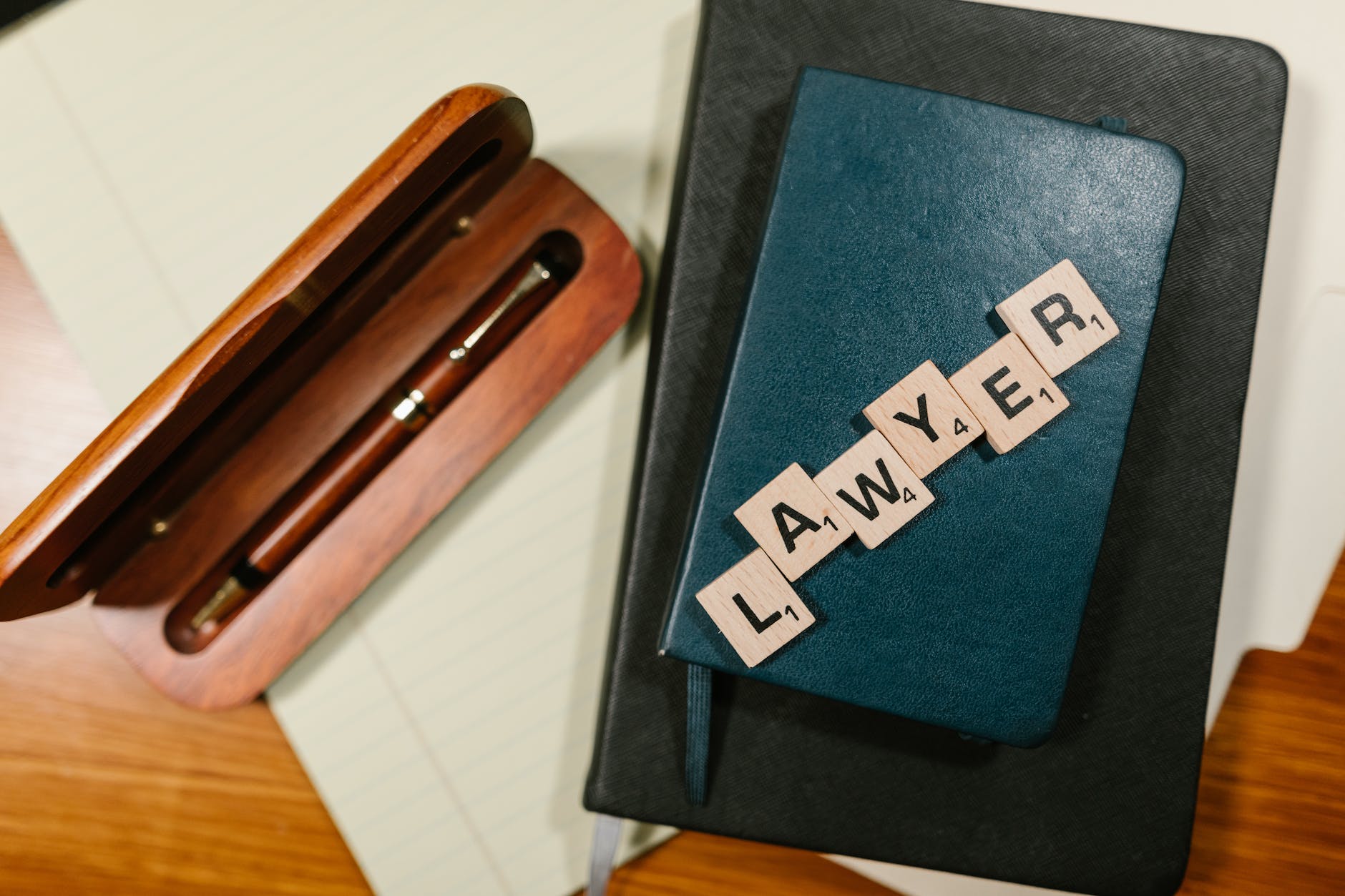
Criminal defendants who lose at trial often claim that their 6th Amendment right to an attorney was denied due to “ineffective assistance of counsel.”
Whether a criminal defense attorney was, in fact, ineffective is determined by the standard set forth by the Supreme Judicial Court in Commonwealth v. Saferian. The pertinent section of that case states that
in general terms, what is required in the actual process of decision of claims of ineffective assistance of counsel, and what our own decisions have sought to afford, is a discerning examination and appraisal of the specific circumstances of the given case to see whether there has been serious incompetency, inefficiency, or inattention of counsel — behavior of counsel falling measurably below that which might be expected from an ordinary fallible lawyer — and, if that is found, then, typically, whether it has likely deprived the defendant of an otherwise available, substantial ground of defence.
Later cases have added that,
The defendant’s raising of his claim of ineffective assistance for the first time on direct appeal makes it the “weakest form” of such a claim, “because ‘it is bereft of any explanation by trial counsel for his actions and suggestive of strategy contrived by a defendant viewing the case in hindsight…In those circumstances, we may resolve it only where “the factual basis of the [ineffective assistance] claim appears indisputably on the trial record.”
Commonwealth v. Robles, 21-P-333, Pages 6-7.